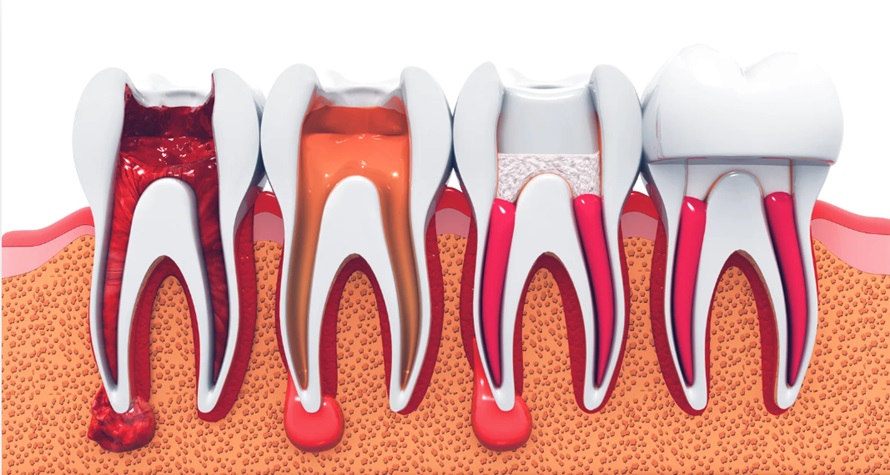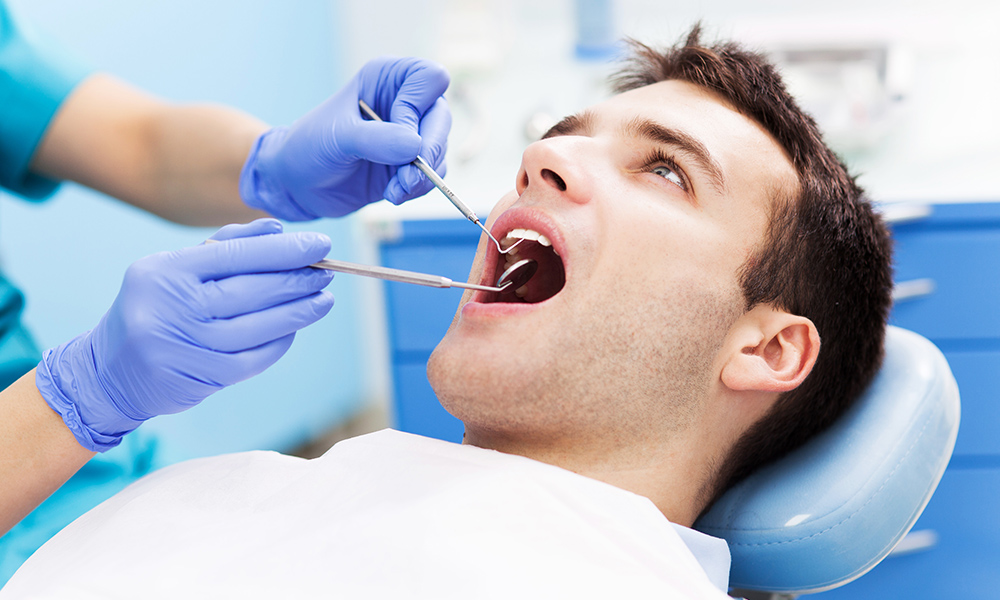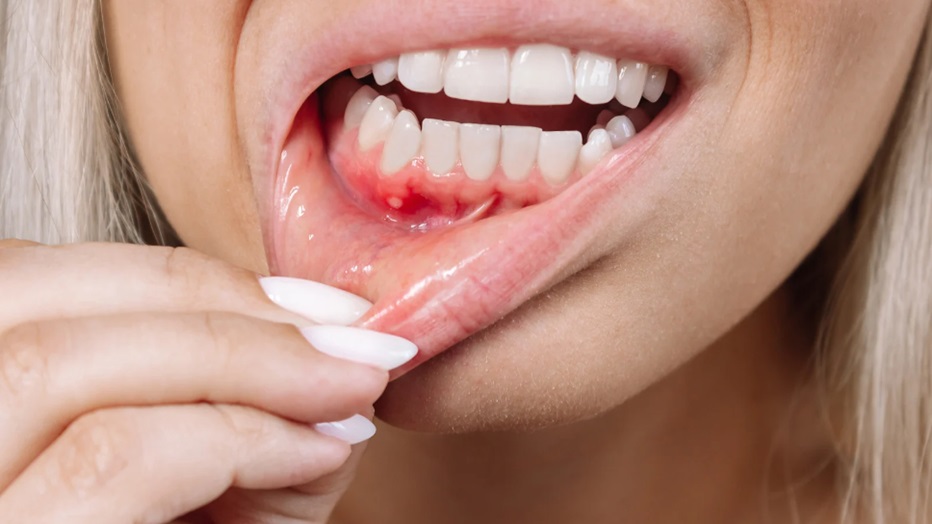Signs You May Need a Root Canal: How to Spot the Symptoms Early
Dental discomfort can often be subtle, but knowing when it requires more serious attention is crucial for maintaining oral health. Root canals are one of the more common procedures that people may need, especially when tooth pain becomes persistent. Understanding the symptoms that signal the need for a root canal can help you seek treatment before more severe complications arise. For those living in the Oakville area, seeking expert care for root canals in Oakville can make all the difference in protecting your smile.
Persistent Tooth Pain
One of the earliest signs you may need a root canal is consistent tooth pain. Unlike temporary discomfort caused by sensitivity, this type of pain doesn’t go away on its own. It may flare up when eating, drinking, or applying pressure to the affected area. While it’s natural to experience occasional sensitivity, pain that persists for days or weeks can indicate that the tooth’s pulp is infected or damaged. This situation often requires immediate intervention to prevent further issues like abscesses or tooth loss.
Sensitivity to Hot and Cold
Heightened sensitivity to temperature changes is another symptom that might suggest the need for a root canal. If you find that drinking a cold beverage or sipping hot tea triggers intense pain, it’s possible that the nerves inside your tooth are inflamed. Over time, this sensitivity can worsen, especially if the tooth’s internal tissue is infected. Proper care following a root canal can help reduce sensitivity. After your procedure, understanding how to care for your tooth post-treatment is essential for ensuring full recovery.
Swollen or Tender Gums
Inflammation or tenderness around a specific tooth may also be an indicator of underlying dental issues. Swelling near the gums often signifies infection, which can spread if not treated promptly. The gums may feel tender to the touch, appear red, or become swollen. This kind of inflammation is your body’s response to an infection in the tooth pulp and should be addressed to avoid more severe health problems. When combined with other symptoms like tooth pain, gum swelling is a red flag for potential root canal treatment.
Darkening of the Tooth
Discoloration is another visual cue that something may be wrong inside your tooth. When a tooth begins to darken or turn gray, it can be a sign that the tooth’s pulp is dying due to a lack of blood flow. While this can sometimes occur from trauma, it is often an indicator that a root canal may be necessary to save the tooth from extraction.
Pimple-like Bump on the Gums
A less common but important symptom to watch for is a small pimple-like bump on your gums. This bump may develop near the infected tooth and can leak pus, indicating an abscess. Abscesses are serious infections that occur when bacteria build up inside the tooth, and they often require immediate treatment. If left untreated, the infection can spread to other areas, including the jaw and surrounding tissues, leading to more serious health concerns.
Why Early Detection Matters
Spotting the early signs of dental problems can save you from more extensive dental procedures in the future. If you experience any of these symptoms, it’s important to consult a dentist who can diagnose the issue and provide the appropriate treatment. Root canals, while often dreaded, are designed to eliminate pain and save your tooth. Neglecting these signs can lead to more severe dental problems, such as tooth decay, abscesses, or even tooth loss. Prevention and timely care are key, and learning to recognize symptoms early can make all the difference.
According to Healthline, untreated cavities and infections can result in severe complications if not addressed, emphasizing the importance of professional intervention. Therefore, addressing root canal needs early can prevent the progression of more painful and complicated issues.




